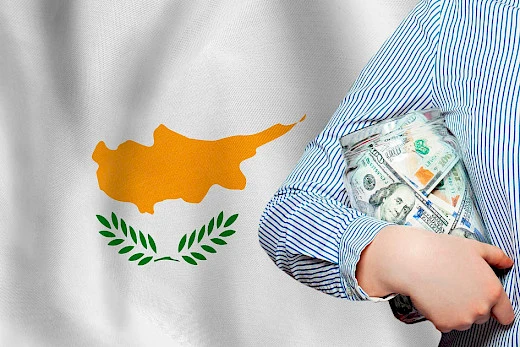American tariffs are already creating problems for Cyprus's economy

On April 2, the United States introduced new tariffs on imported cars and auto parts, marking a new round of trade tensions between Washington and the European Union. Although Cyprus is not a major exporter to the US, the effects of these measures are still being felt.
Experts warn that increasing tariffs up to 25% on European cars could reduce production in EU countries, which in turn would affect car and auto part prices and availability in Cyprus. It is expected to lead to higher prices and a possible shortage of vehicles on the island, especially if European manufacturers scale back production.
In addition, a potential slowdown in the EU economy could impact Cyprus’s tourism sector. A decline in income among European citizens may lead to reduced spending on vacations, decreasing the tourist flow to the island.
The export sector is also vulnerable. In 2024, Cyprus exported goods worth around 20–24 million euros to the US — mainly halloumi, olive oil, fish, cocoa, and salt. New trade barriers make these exports more difficult, rendering Cypriot goods less competitive.
The EU may introduce retaliatory measures, which would worsen the situation and further damage trade conditions. In this context, Cypriot economists are calling for a reorientation of exports and diversification of foreign economic relations by strengthening ties with Middle Eastern and Asian markets.
Thus, even Cyprus’s indirect involvement in the trade conflict between the US and the EU may have serious consequences for its economy, particularly in trade, tourism, and the automotive sector.
You may also be interested in:
- Carnival parade at Cap St Georges Hotel in Peyia gathers hundreds of guests
- Farmers' protest with tractors to be held in Nicosia
- President announces full medical care plan for Maronites and enclave residents
- Early morning car fire breaks out in Moniatis
- Larnaca court extends detention in Pyla office torture video case


